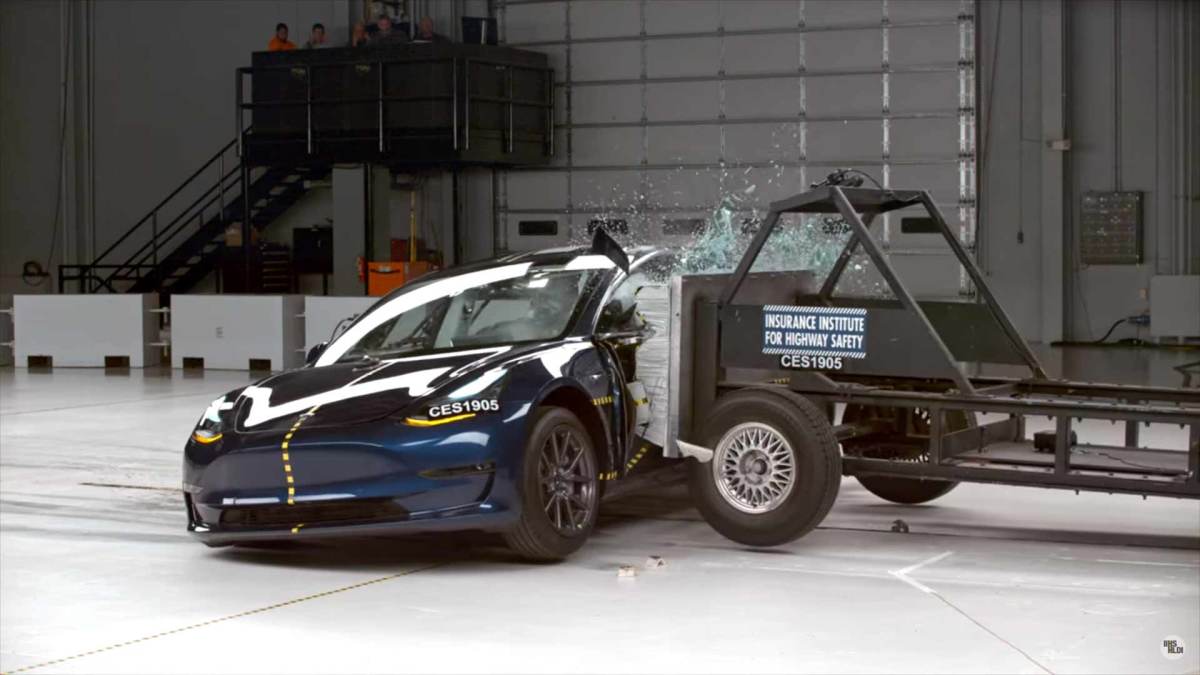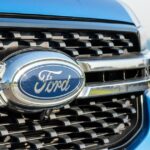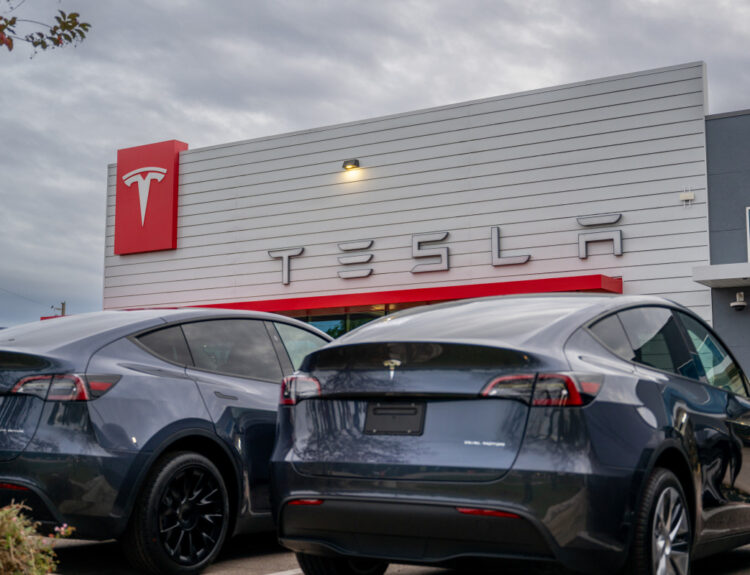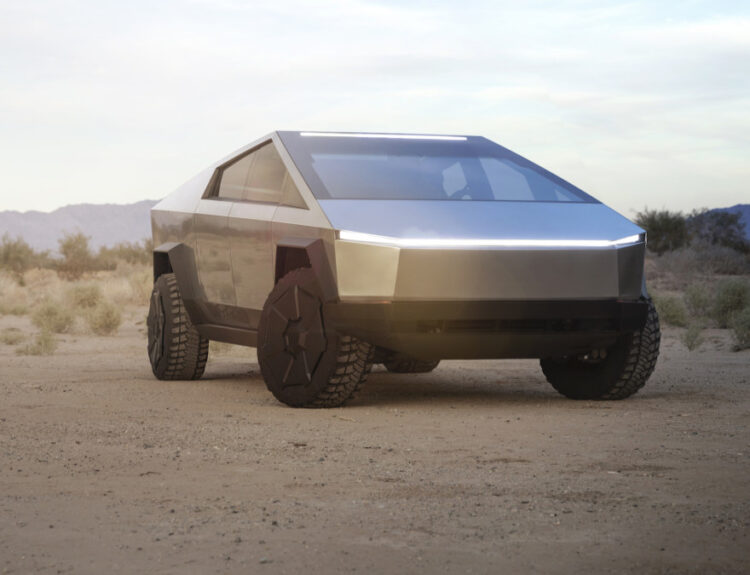
As the incoming administration under President Donald Trump prepares for its transition, plans are reportedly underway to eliminate a crucial reporting mandate concerning vehicular accidents linked to advanced technologies. This requirement, which aids the National Highway Traffic Safety Administration (NHTSA) in monitoring and regulating self-driving vehicles, has been dismissed by Trump’s transition team as an excessive burden on data collection, according to documents obtained by Reuters.
Jason Miller, a senior adviser within the transition team, emphasized that these proposals originated from external sources rather than from within their ranks.
Scrutinizing the Reporting Rule: What’s at Stake?
The controversial regulation mandates that automakers notify the NHTSA of accidents occurring while advanced driver-assistance systems or autonomous technologies are activated, along with additional relevant data collected up to 30 seconds prior to the crash.
This push to scrap the rule may be closely tied to Tesla’s disproportionate involvement in reported incidents, with the company accounting for over 1,500 crashes linked to this program. Furthermore, it’s noteworthy that a staggering 40 out of 45 fatal accidents logged up to mid-October have been tied to Tesla’s Full Self-Driving (FSD) technology, which has yet to achieve full autonomy.
Tesla’s situation may not be unique; the Alliance for Automotive Innovation—a consortium that predominantly represents major automakers excluding Tesla—has similarly criticized the reporting requirement, labeling it as "burdensome."
Safety Statistics: The Rule’s Impact
The NHTSA has countered these criticisms by illuminating the benefits of the reporting mandate, highlighting that over 2,700 crashes have been documented by various manufacturers since its inception in 2021. This data has spurred ten investigations across six different firms and triggered nine safety recalls involving four companies. A notable investigation focused on GM’s Cruise, the company’s autonomous taxi initiative, which is in the process of being integrated into its Super Cruise division.
Tesla’s Distinct Reporting Practices
Despite criticism of Tesla’s FSD performance, industry insiders suggest that the elevated crash statistics may not solely reflect a deficiency unique to Tesla. Reports indicate that Tesla’s reporting protocols may yield more comprehensive data—such as real-time crash details—resulting in a larger pool of reported incidents compared to other automakers. Additionally, Tesla’s extensive fleet featuring self-driving capabilities inherently increases the likelihood of collision occurrences.
Whatever the underlying realities, the transition team’s accompanying recommendation to "liberalize" regulations on autonomous vehicles and implement "basic regulations to support development" could provoke frustration among advocates for stricter safety measures prior to the wider deployment of these technologies.
The Final Word
Endorsing a reduction in regulatory oversight for a technology that is still evolving and poses safety risks to the public is troubling. The idea that diminished reporting requirements could lead to enhanced safety measures is fundamentally flawed. This approach echoes past controversies, such as Trump’s controversial remarks regarding COVID-19 testing—suggesting that minimizing scrutiny only serves to obscure underlying issues rather than resolve them.
The lobbying efforts aimed at dismantling vital safety regulations in the interest of convenience should be met with widespread concern and outrage, uniting all stakeholders—regardless of their automotive preferences—against this reckless initiative.
Source:www.autoblog.com






